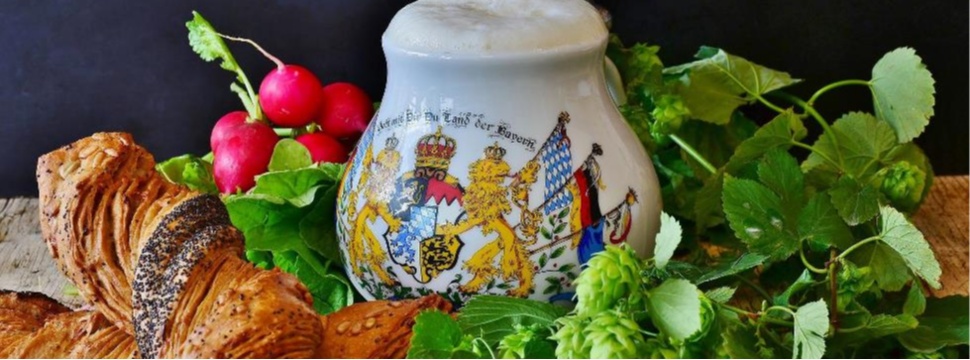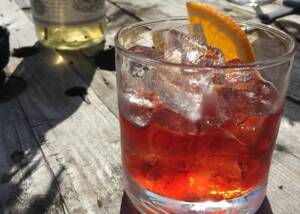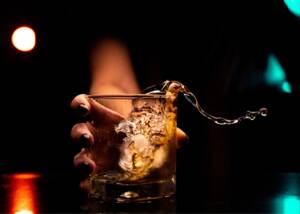Hops and malt - may God preserve them: the importance of the Purity Law
News News blog
In 1516, Bavarian Duke Wilhelm IV issued a decree that became known as the "German Purity Law". This regulation prohibited the use of certain unusual ingredients in beer brewing and stipulated that beer could only consist of water, barley (malt) and hops.

The Purity Law acted as a kind of life insurance, as the art of brewing was not yet as sophisticated as it is today. There was still a lot of experimentation in the Middle Ages and many brewing attempts were unsuccessful. Sometimes even highly poisonous brews with tree bark and belladonna were created. The Purity Law protected consumers from such dangerous experiments and helped to improve the quality of beer.
However, health compatibility was not the only problem. The flavour of beer was often a matter of luck in the Middle Ages. A good beer was celebrated as an "act of God", which also explains the origin of the saying "Hops and malt, may God preserve them". Back then, people didn't realise how important yeast was for the fermentation process.
Home breweries located next to a bakery often produced better beer. The tiny yeast organisms entered the brewing kettle through the air and started the alcoholic fermentation process. This natural yeast significantly improved the flavour and quality of the beer.
"Hops and malt, may God preserve them" therefore remains a timeless expression for the appreciation of this traditional brewing craft.










